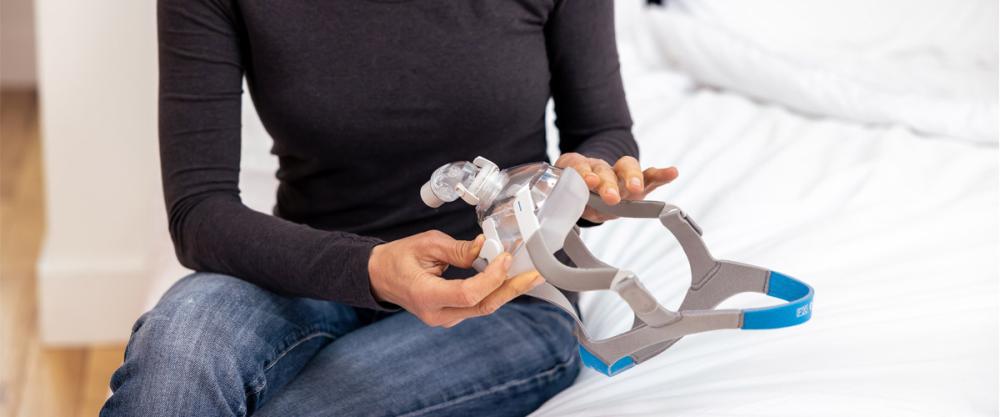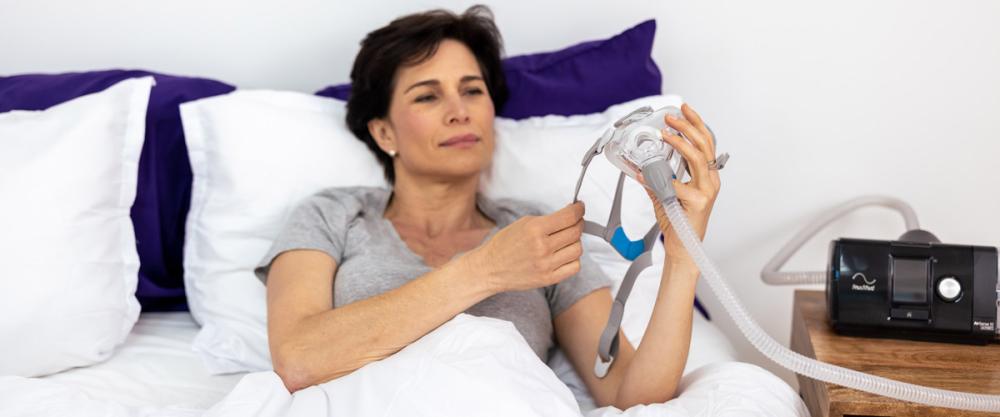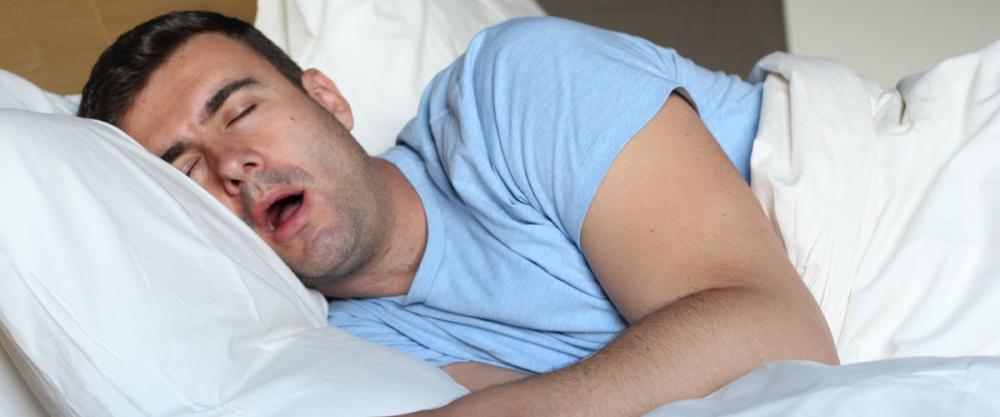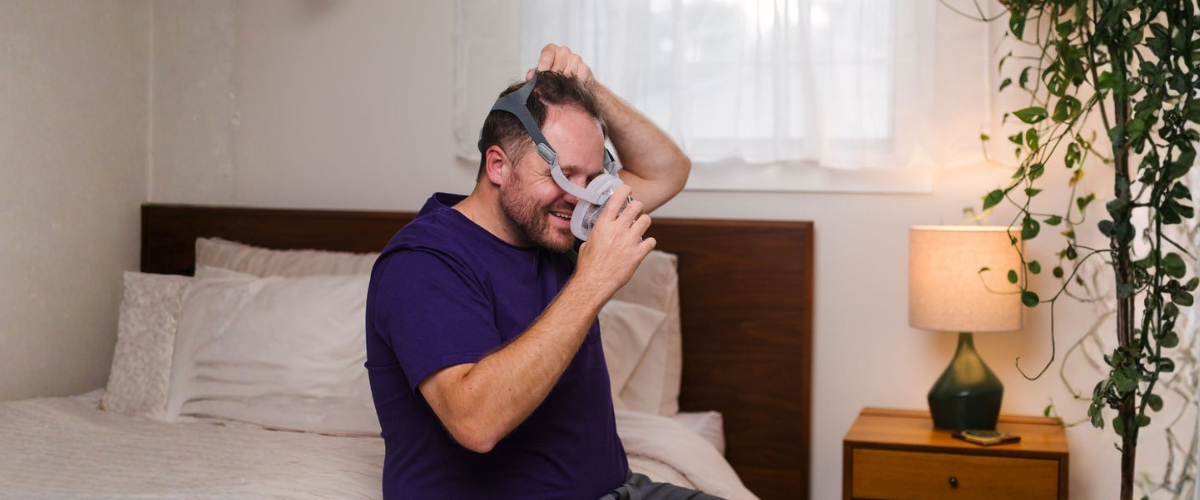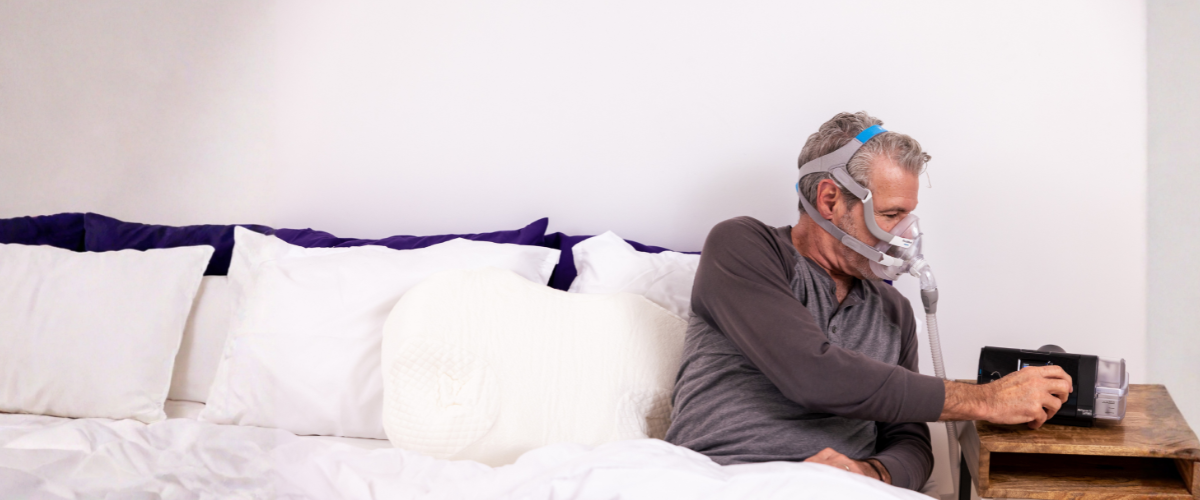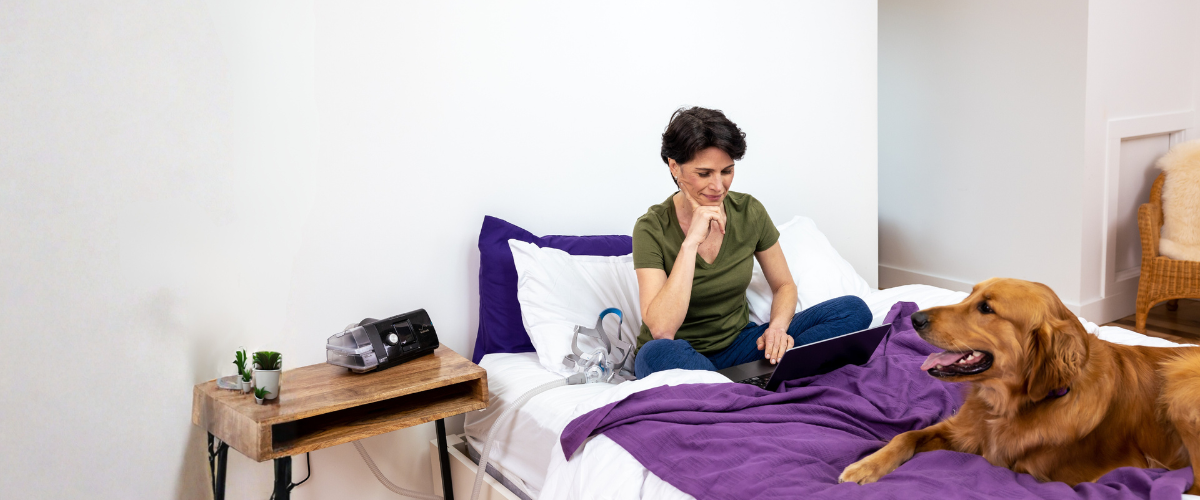Perhaps you have heard about concern over the safety of the substance Bisphenol A (BPA). Are you concerned about whether it is in your medical equipment? Maybe you have noticed the plethora of products lining aisles of grocery and department stores that boast of their brand being “BPA Free.” Rest assured that, although BPA is present in many of the products we use on a daily basis, you needn’t worry when it comes to your CPAP supplies.
What Is Bisphenol A?
BPA is an industrial chemical that produces clear, hard polycarbonate plastics (as well as epoxy resins). BPA is found in a variety of products, including:
- Disposable water bottles
- Hard plastic food and beverage containers
- Canned foods
- Medical equipment
- Compact discs and DVDs
- Protective and corrective eyewear
- Electronics
There has been controversy in the past few years over the safety of Bisphenol A. Some people worry about BPA exposure and the levels of the substance in our bodies. Others raise questions about the safety of BPA-containing products in relation to its effect on children. Because the FDA maintains that BPA is safe for humans, manufacturers still use BPA in many products that we use on a regular basis.
Note: There is potential evidence that the level of safety of BPA in baby bottles is questionable, which has led to the production of BPA-free baby products. It is important to know that this is merely a precautionary approach and not a consequence of adverse effects of BPA.
Do All CPAP Machines Contain BPA?
Yes. CPAP masks and CPAP humidifier chambers do include a composition made of polycarbonates, which contains BPA. No CPAP machine manufacturer has released a statement that calls their product BPA free.
Many CPAP manufacturers, the FDA, and many worldwide organizations monitor the safety of BPA for years. The use of polycarbonates in medical equipment products like CPAP machines is approved globally. Any level of BPA exposure by the use of these machines is considered to be extremely low and poses no threat to an individual’s health.
In fact, in order for a child, teenager or adult to be adversely affected by BPA, he would need to ingest over 1,300 pounds of foods or beverages that have come into contact with BPA-containing plastics every day of their life before they could cross over the safe level of BPA exposure. It is by far safer to use a CPAP machine that contains parts constructed of Bisphenol A than it is to not use a CPAP machine out of fear of exposure to the substance.
If You Are Still Concerned
If you are hesitant about using a CPAP machine for your sleep apnea because of your concern about BPA, consider using a mask liner. Mask liners not only are helpful in protecting your skin from irritation but can also serve as a barrier between your skin and any plastic products that you prefer to not make direct contact with while using your machine.






